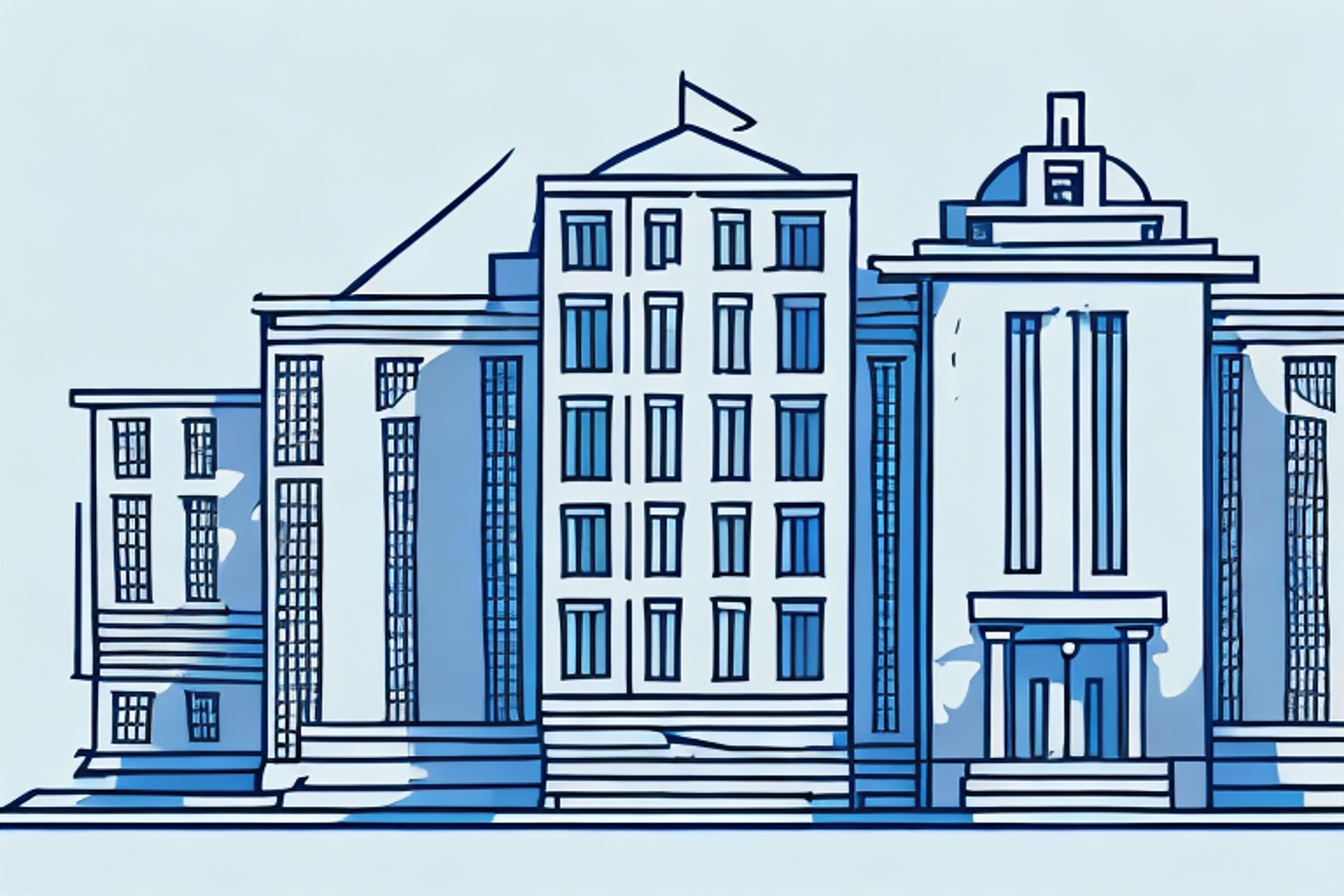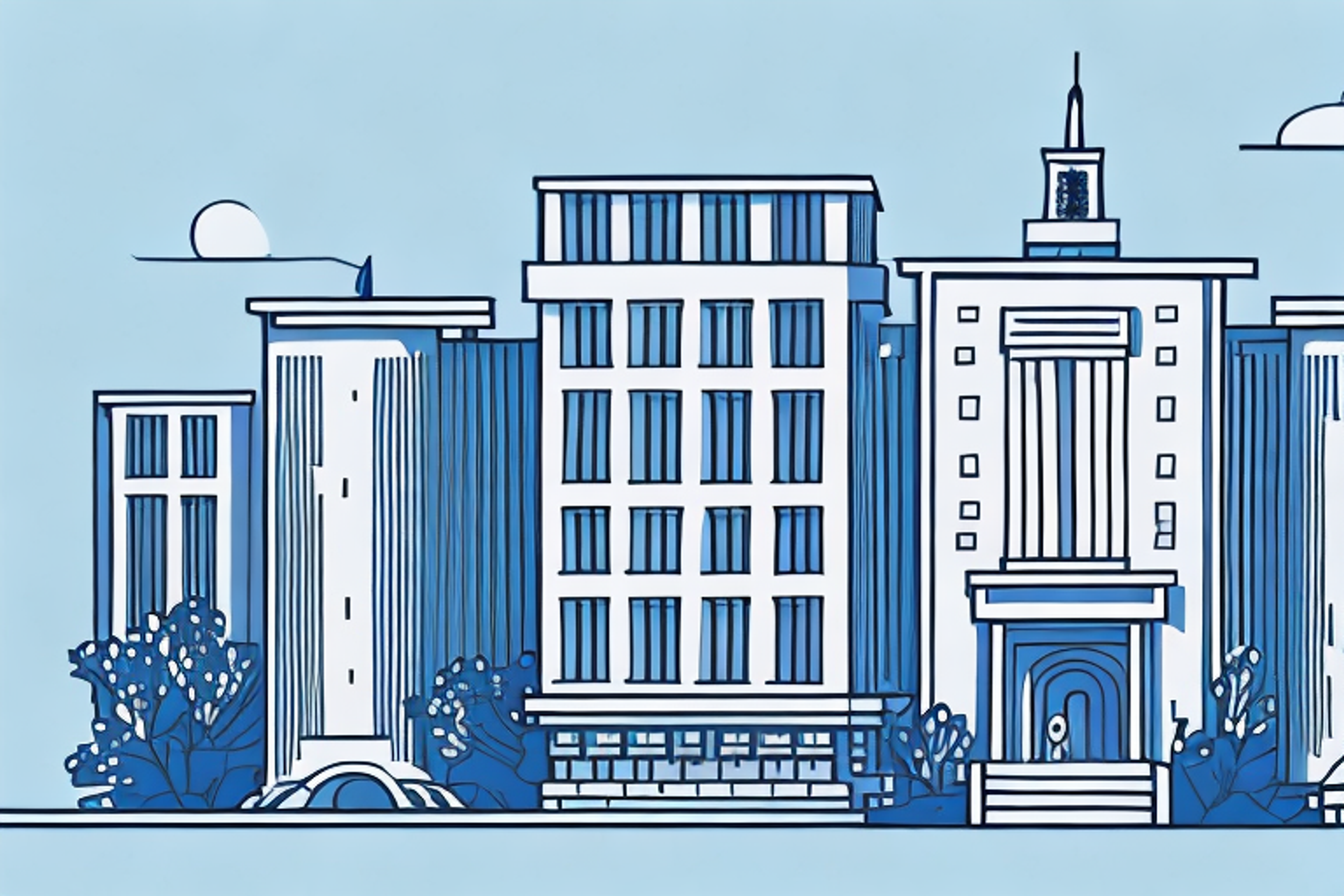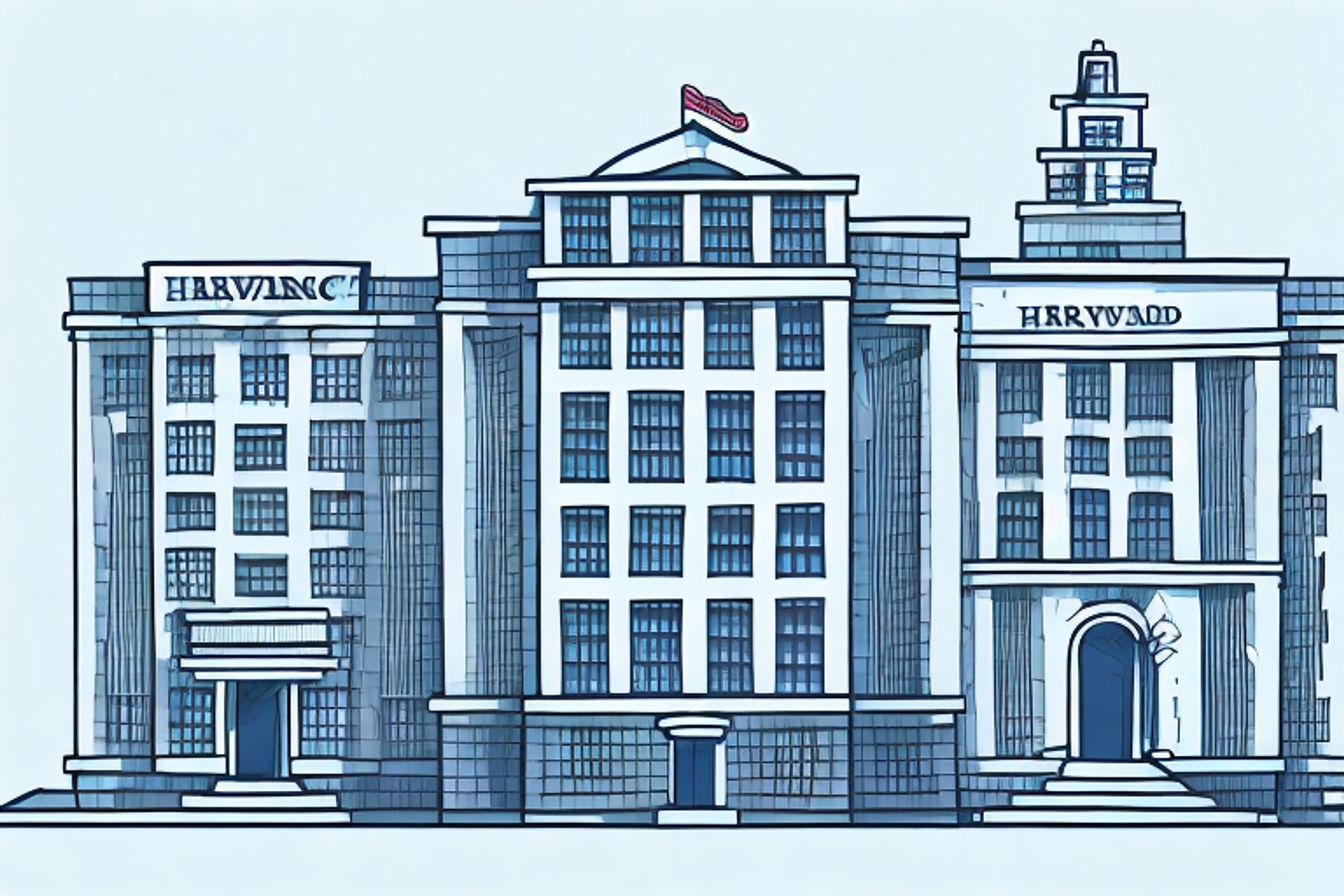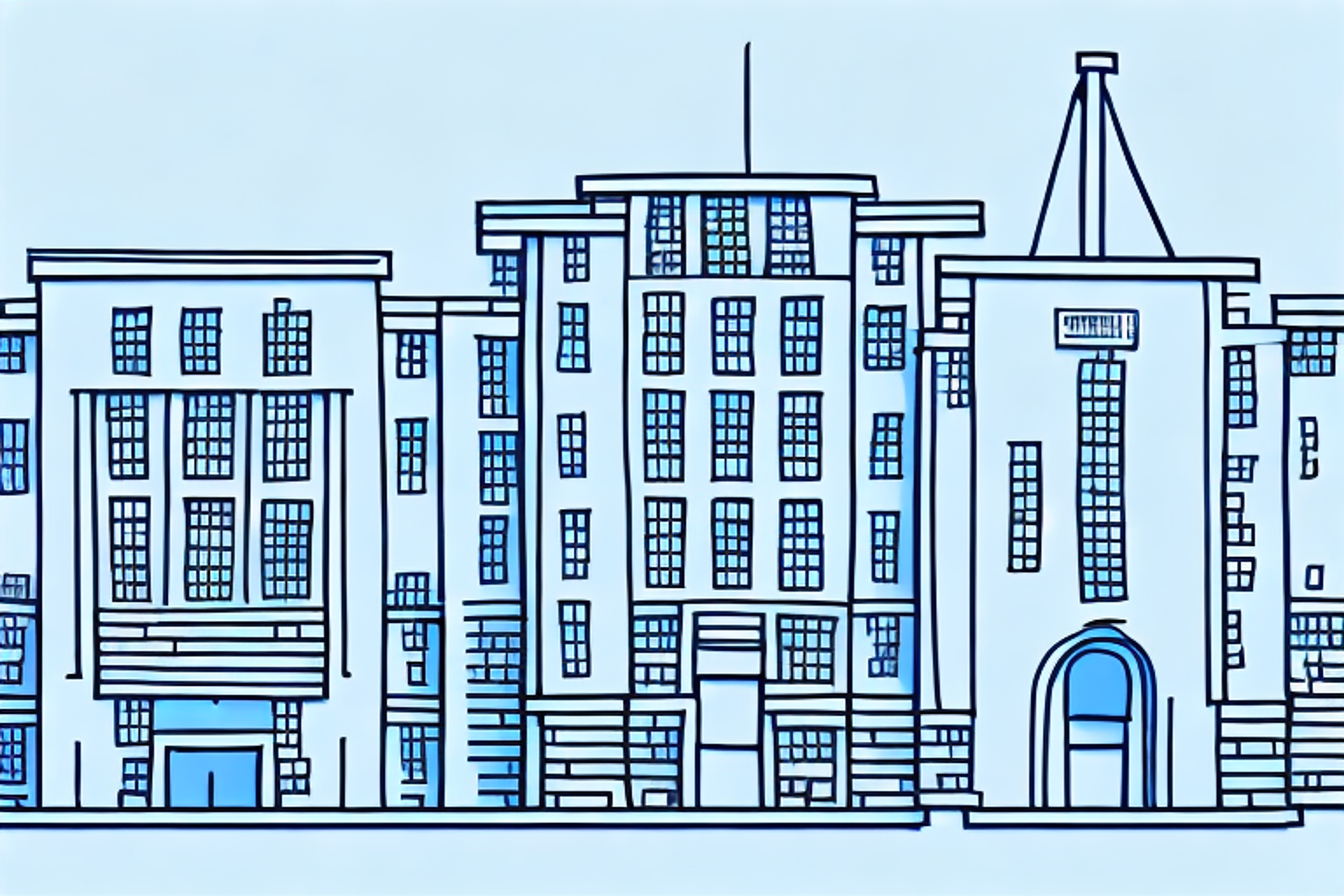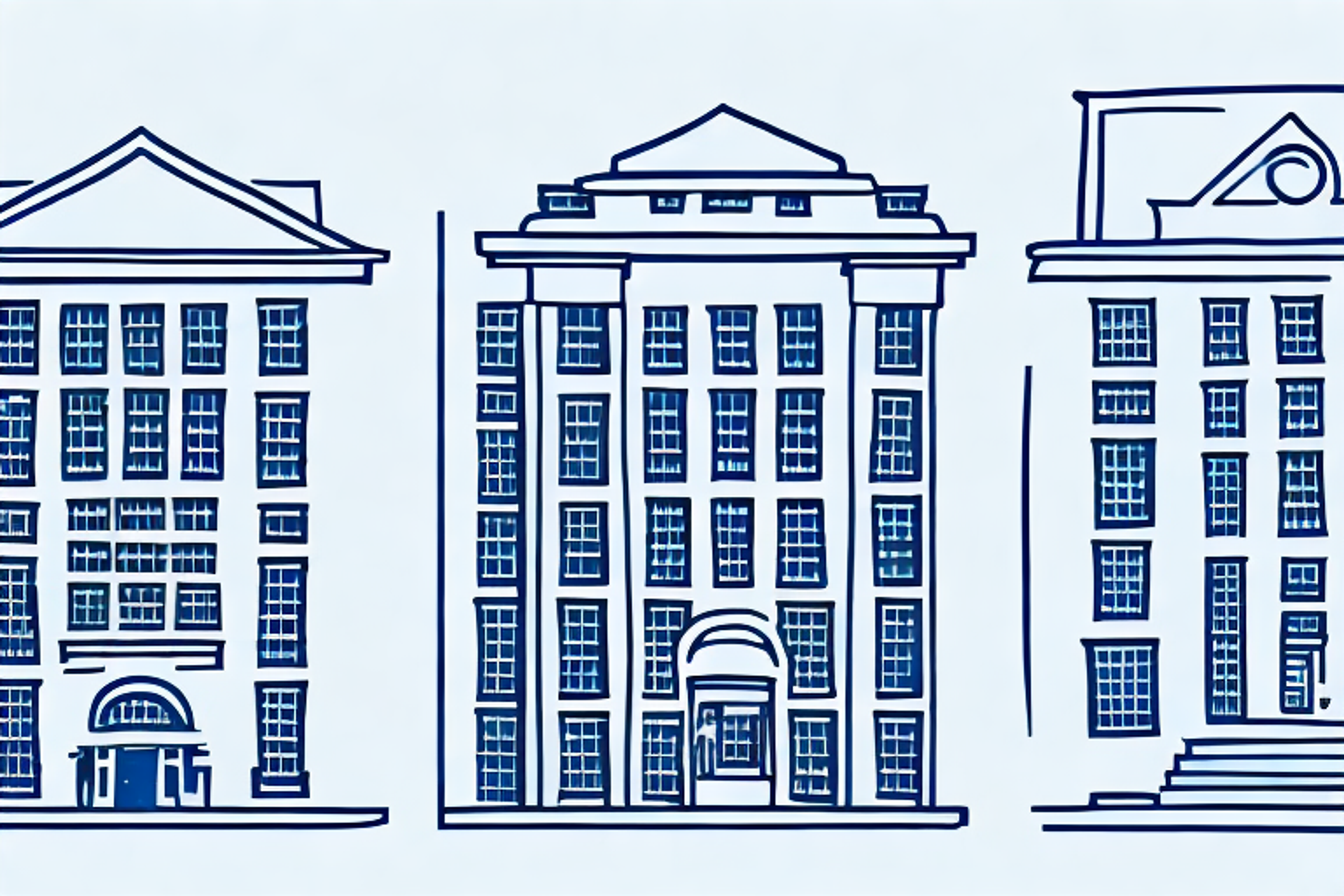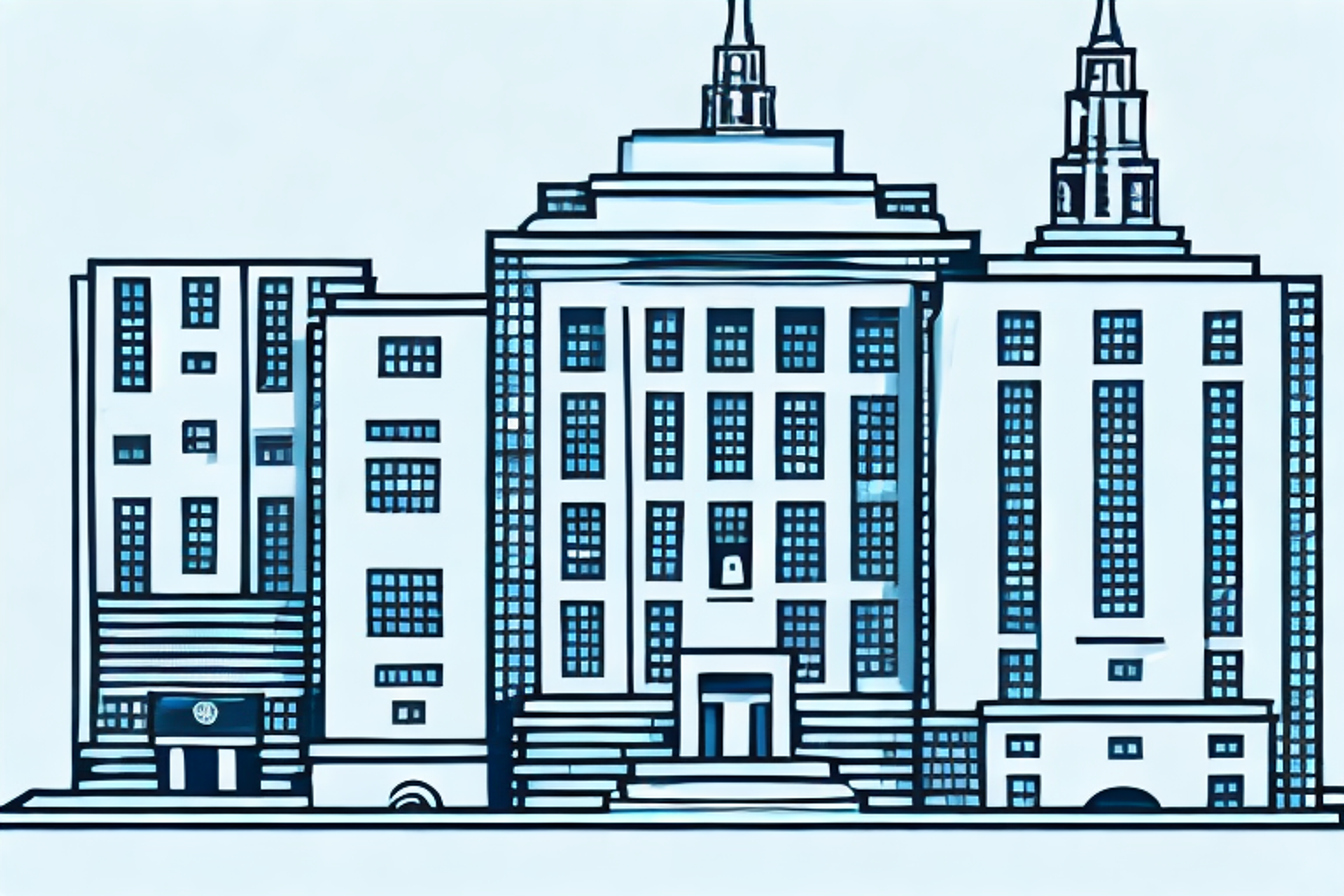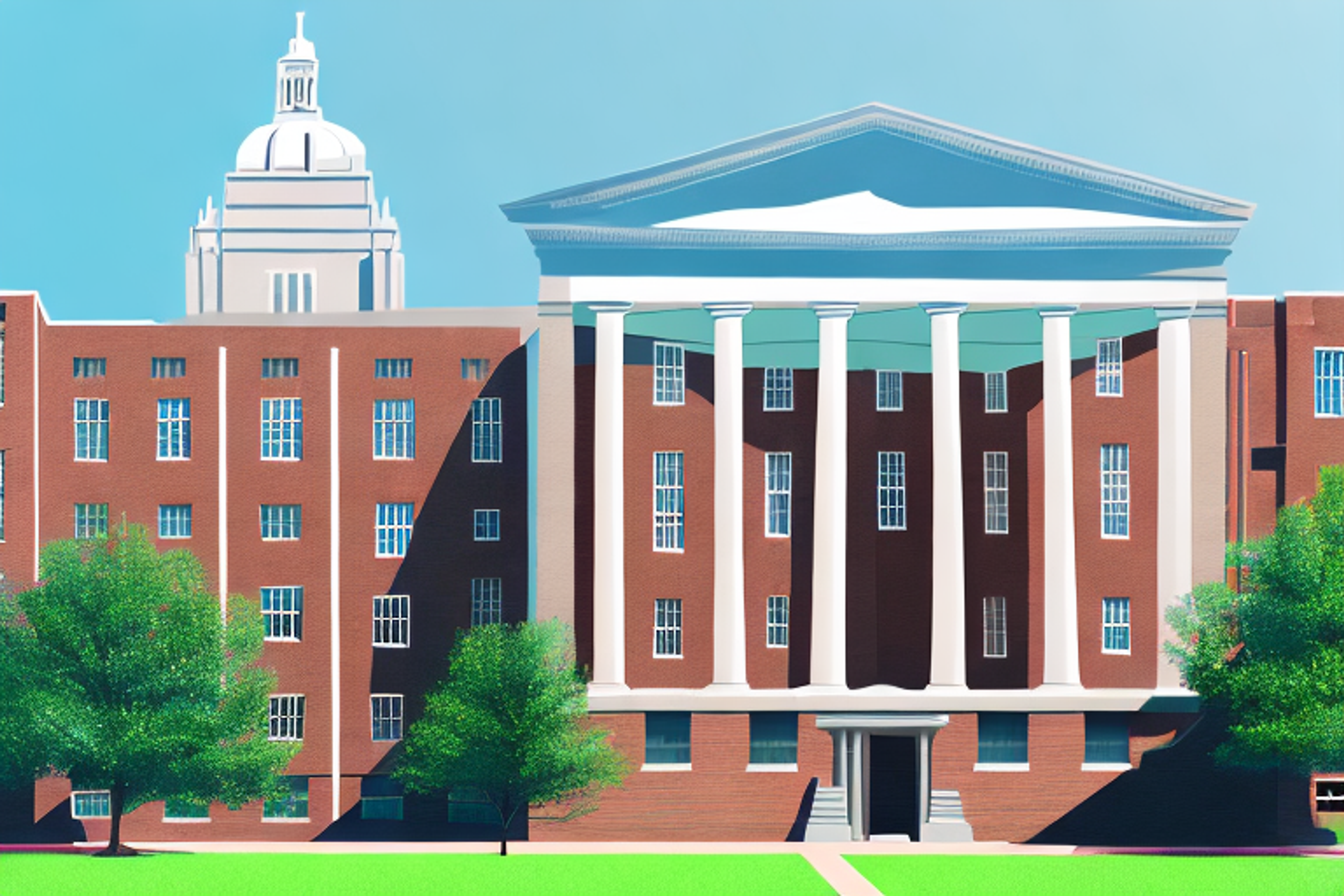University of Chicago Law School Vs. Northwestern University Pritzker School of Law: An In-Depth Comparison
Are you considering law school in Chicago? Get an in-depth comparison of the University of Chicago Law School and the Northwestern University Pritzker School of Law.
Posted March 6, 2025
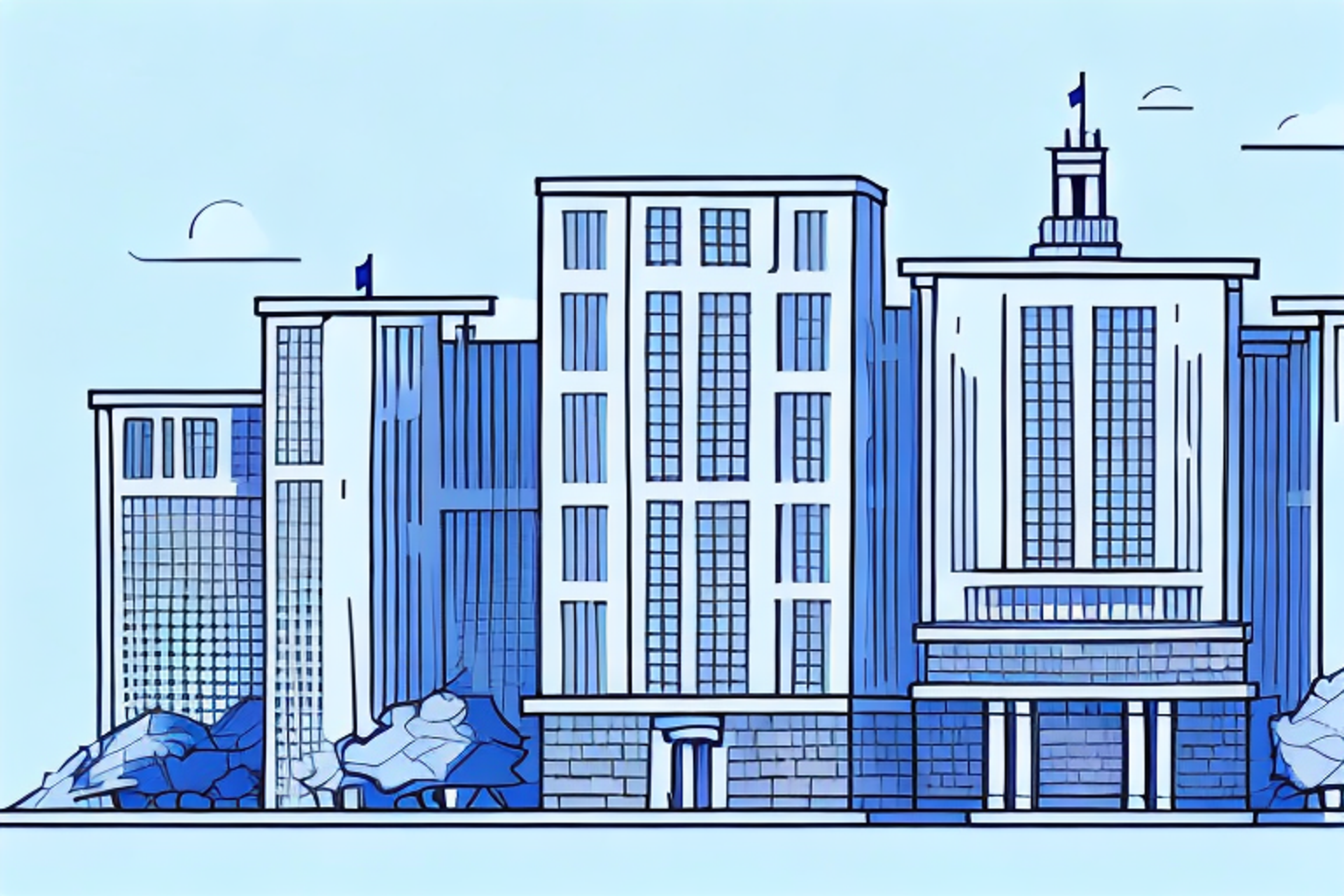
Table of Contents
Choosing a law school can be one of the most challenging decisions you will ever make in your academic journey. Luckily, in Illinois, there are two highly-ranked law schools that offer exceptional academic education, hands-on experience, and top-notch research opportunities. The University of Chicago Law School and Northwestern University Pritzker School of Law have been two of the most sought-after academic institutions for aspiring lawyers for decades. But which law school is right for you?
Location and Campus Comparison
The University of Chicago Law School is located in Hyde Park, a neighborhood on the south side of Chicago. The campus is about seven miles from downtown Chicago and is set on a beautifully landscaped 217-acre campus with Gothic-inspired buildings. Northwestern University Pritzker School of Law is located in downtown Chicago, in the Streeterville neighborhood, adjacent to Lake Michigan. The campus offers breathtaking views and easy access to all the attractions that the Windy City has to offer.
Despite the differences in location, both law schools offer unique advantages. The University of Chicago Law School's Hyde Park location provides a quieter, more residential atmosphere, which can be conducive to studying and focusing on academics. On the other hand, Northwestern University Pritzker School of Law's downtown location offers students easy access to internships, law firms, and other legal opportunities in the heart of the city. Additionally, the proximity to Lake Michigan provides a beautiful backdrop for studying and relaxation.
Faculty and Curriculum Comparison
Both law schools boast some of the most respected and renowned faculties in the country. The University of Chicago Law School's faculty includes two former solicitor generals of the United States, as well as numerous scholars and judges. Northwestern University Pritzker School of Law's faculty includes former advisors to the United States Supreme Court, as well as attorneys who have argued at the highest levels both domestically and internationally.
The University of Chicago Law School is known for its intellectual rigor, and its curriculum is heavily focused on areas such as law and economics, philosophy, and theory. Northwestern University Pritzker School of Law's curriculum, on the other hand, emphasizes interdisciplinary study, which allows students to take courses outside of the law school to enhance their legal knowledge.
Additionally, the University of Chicago Law School offers a unique program called the "Mandel Legal Aid Clinic," which provides students with hands-on experience in representing clients in real legal cases. The clinic covers a wide range of legal areas, including criminal defense, environmental law, and human rights. Northwestern University Pritzker School of Law also offers a similar program called the "Bluhm Legal Clinic," which provides students with opportunities to work on real cases in areas such as civil litigation, entrepreneurship law, and international human rights. Both schools' clinics offer invaluable experience for students looking to gain practical legal skills.
Admission Requirements and Application Process Comparison
Both law schools have highly competitive admission processes, with acceptance rates below 20%.The University of Chicago Law School requires applicants to submit LSAT scores, transcripts, a personal statement, and two letters of recommendation. Northwestern University Pritzker School of Law requires similar documents with one additional requirement of a video introduction from the applicant.
It is important to note that while both law schools have similar admission requirements, their application processes differ in terms of deadlines and interview processes. The University of Chicago Law School has a strict deadline of February 15th for all applications, and conducts interviews with select applicants. On the other hand, Northwestern University Pritzker School of Law has a rolling admissions process, with no set deadline, and conducts interviews with all applicants. It is recommended that prospective students thoroughly research and understand the application processes of both schools before applying.
Class Size and Student Body Comparison
The University of Chicago Law School enrolls about 200 students per class, with a total enrollment of around 600. The Northwestern University Pritzker School of Law, on the other hand, has a slightly larger student body of around 800. Both law schools emphasize diversity in their student body and have a roughly even split of male and female students.
Despite the slight difference in student body size, the University of Chicago Law School and Northwestern University Pritzker School of Law have similar student-to-faculty ratios, with both schools boasting a ratio of 6:1. Additionally, both schools offer a wide range of extracurricular activities and opportunities for students to get involved in legal clinics and pro bono work. The University of Chicago Law School is known for its strong emphasis on theoretical and analytical approaches to law, while Northwestern University Pritzker School of Law is known for its practical, hands-on approach to legal education.
Tuition and Financial Aid Comparison
Law school is expensive, but both law schools offer generous financial aid packages, including scholarships, fellowships, and public-interest grants. The tuition at the University of Chicago Law School is significantly higher than Northwestern University Pritzker School of Law. The former's tuition fee is approximately $77,596 per year, while the latter's is $69,790 per year.
It is important to note that the cost of attending law school goes beyond just tuition fees. Students should also consider the cost of living in the area, textbooks, and other expenses. The University of Chicago is located in a more expensive area compared to Northwestern, which may add to the overall cost of attendance. However, both schools have resources available to help students manage their finances and make informed decisions about their education.
Notable Alumni from Each Law School
The alumni networks at both law schools are extensive, with graduates occupying prominent roles in law firms, politics, and the judiciary. The University of Chicago law school's notable alumni include Supreme Court Justice Antonin Scalia, Attorney General William Barr, and former US Attorney General Eric Holder. At Pritzker School of Law, notable alumni include Senator Amy Klobuchar, Attorney General Edwin Meese and former US Attorney General Eric Holder.
Additionally, the University of Chicago law school has produced several prominent legal scholars, including Richard Posner and Cass Sunstein. Posner is a former judge on the United States Court of Appeals for the Seventh Circuit and is widely regarded as one of the most influential legal thinkers of the 20th century. Sunstein served as the Administrator of the Office of Information and Regulatory Affairs under President Barack Obama and is known for his work on administrative law and behavioral economics.
Meanwhile, the Pritzker School of Law has a strong focus on public interest law and has produced several notable public interest lawyers, including Bryan Stevenson, the founder of the Equal Justice Initiative, and Michelle Alexander, the author of "The New Jim Crow: Mass Incarceration in the Age of Colorblindness." Both Stevenson and Alexander have been recognized for their work in advocating for criminal justice reform and addressing issues of racial inequality in the legal system.
Career Prospects after Graduation
Both law schools have successful post-graduation employment rates. The University of Chicago Law School has a law firm hiring rate of approximately 70%, while Northwestern University Pritzker School of Law has a 65% law firm hiring rate. The median starting salary for graduates of both law schools is above the national average at around $180,000 per year.
Additionally, graduates from both law schools have found success in a variety of legal fields, including government, public interest, and academia. Many alumni have gone on to hold prestigious positions in the judiciary, such as federal judgeships and clerkships. Both schools also offer extensive networking opportunities and career services to help students and graduates navigate the legal job market.
Student Life and Extracurricular Activities Comparison
The University of Chicago Law School offers a variety of extracurricular activities, including moot court competitions, student-run journals, and organizations dedicated to public interest and social justice. The school also has a rich history of hosting law school conferences and lectures. Northwestern University Pritzker School of Law has a wide range of extracurricular activities, clubs, and organizations, including the Journal of Criminal Law and Criminology, a moot court program, and several legal clinics that allow students to get hands-on experience and engage with the community.
Facilities and Resources Available at Each Law School
Both law schools have state-of-the-art facilities, including libraries, classrooms, and lecture halls. The University of Chicago Law School's D'Angelo Law Library is one of the most comprehensive law libraries in the world, with extensive collections and research materials. Northwestern University Pritzker School of Law's library is equally impressive, with over a million volumes and digital collections.
Internship Opportunities Comparison
Both law schools offer internship opportunities to their students, with many law firms and corporate legal departments in Chicago recruiting from the schools. The University of Chicago Law School has a strong alumni network that provides students with access to clerkship opportunities in federal and state courts, as well as internships in prestigious law firms. Northwestern University Pritzker School of Law has a reputation for placing students in public interest internships, such as the Cook County Public Defender's office and nonprofit organizations.
Research Centers, Clinics, and Journals Available at Each Law School
Both law schools have research centers, clinics, and journals that allow students to gain practical experience and connect with leading legal scholars and practitioners. The University of Chicago Law School has several renowned centers, including the Coase-Sandor Institute for Law and Economics and a recently launched initiative on Policing and Law Enforcement. Northwestern University Pritzker School of Law has numerous centers and institutes, including the Center for Wrongful Convictions and the Bluhm Legal Clinic.
Law Review Programs at Each Law School
Law review programs are highly prestigious and are a testament to a law school's academic rigor. Both law schools have well-respected law review programs, including the University of Chicago Law Review and the Northwestern Law Review.
Bar Exam Pass Rates Comparison
The bar exam pass rate is one of the most important considerations for prospective law students. Both law schools have high pass rates, with the University of Chicago Law School having a pass rate of around 96%, while the Northwestern University Pritzker School of Law has a pass rate of around 92%.
Faculty Research and Publications Comparison
The University of Chicago Law School's faculty is renowned for its research and publications, with faculty members publishing in leading academic journals regularly. Northwestern University Pritzker School of Law's faculty members are also active in scholarship, regularly publishing articles and books that contribute to legal discourse.
Both law schools have much to offer, from rigorous academic programs to diverse extracurricular activities. Ultimately, the choice between the two law schools depends on your individual preferences, needs, and goals. It is imperative to conduct thorough research, visit the campuses and speak to students and faculty members to get a better understanding of what each law school has to offer. One thing is for certain; choosing either law school will set you up for a successful legal career in today's highly competitive world.

